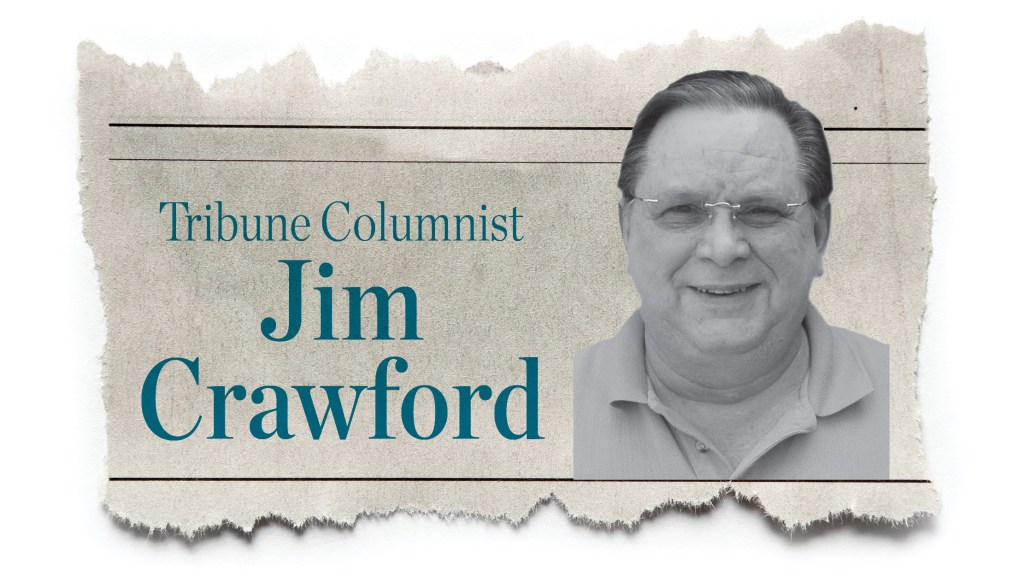Jim Crawford: Deciding the truth
Published 12:00 am Thursday, January 16, 2025
Should “the truth” be a marketable commodity, sold to the highest bidder most able to get its claims into the public sphere?
Since the advent of social media as the dominant vehicle for news and facts, America has struggled greatly to define truth claims across the endless social platforms. That intellectual argument has recently shifted into a political contrast of Republicans and Democrats fighting to define whose truth deserves your attention.
In 2016, we all became familiar with the attempts by foreign governments, particularly Russia, in that presidential election to influence voters with misinformation.
Both political parties sought sanctions from the major social media organizations to prevent such corruption in the public dialogue. The U.S. government, aware of these intentional abuses of our system, was helpless to stop these incursions unless America was willing to go to war over the issue. Given that stark limitation, it was left to Meta, Google, Twitter, et al. to devise methods to stop and delete the false claims that voters might otherwise see as factual.
That worked, if imperfectly, as the media platforms sought a balance between objectivity and political expression in the public sphere. However, after January 6th, the coalition of Republicans and Democrats for truth-telling in the media came unglued. Donald Trump insisted on claiming he won an election he clearly lost, and Republicans chose to follow his false claims into the future while discovering that supporting a lie had no electoral price to pay.
Then, when Republicans won the House majority in 2022, following years of embarrassing fact-checking of Trump, several House committees decided that fact-checking was, in fact, a form of discrimination against Republican claims. Their concerns were that many social media providers refused to allow false claims made by Republicans (see Marjorie Taylor Greene) about the COVID-19 vaccine, claims that were false and threatened to keep Americans from trusting the new vaccines.
The Republicans are also troubled by more mainstream social media sites rejecting various right-wing conspiracy theories. Ultimately, Republicans defined these issues as a media/government conspiracy theory designed to keep conservative “alternative truths” from media platforms.
The argument was that “the people” should decide what is true, not the fact-checkers, and more to the point, false claims deserve as much trust as truthful claims. By 2024, this argument was fully sanctioned by the Trump campaign when JD Vance and Mr. Trump argued that Haitians in Ohio were killing and eating pets, a claim they, and everyone else, knew to be entirely false. The campaign extended this claim to false facts by refusing to appear on media that used fact-checking, including 60 Minutes.
Now, the Republican House has begun actual investigations of sources that seek to identify trusted outlets of factual content and those that seem unattached to factual content; a case in point is an organization named NewsGuard. Microsoft and many Internet advertisers use NewsGuard to identify information sources that have ethical practices for determining content. Most advertisers do not want to have their ads appear on websites that have highly questionable truth standards, and in this regard, NewsGuard serves a valuable purpose.
But not so much for our Republican friends. Washington University professor Kate Starbird, the leader of Election Integrity Research, notes that Republicans, far more than Democrats, have advanced false narratives in the media. And Republicans call this discrimination, claiming the right to misinformation is a right equal to the truth.
The incoming Trump administration, never a friend of the truth, is already suggesting that the real “enemy of the people” (Trump’s claim) is the media that uses fact-checking, and the friend of the people is the media that does not question Republican claims.
Does that sound reasonable to you?
— Jim Crawford is a retired educator and political enthusiast living here in the Tri-State.






